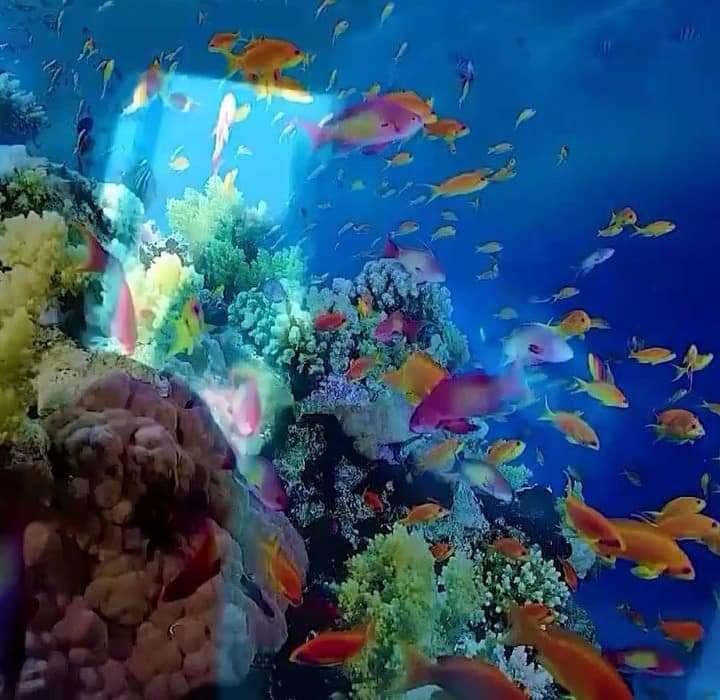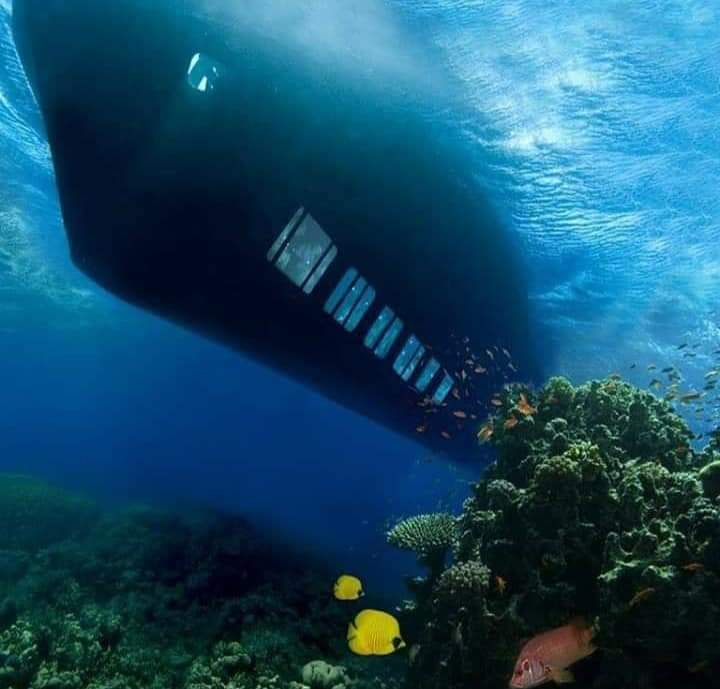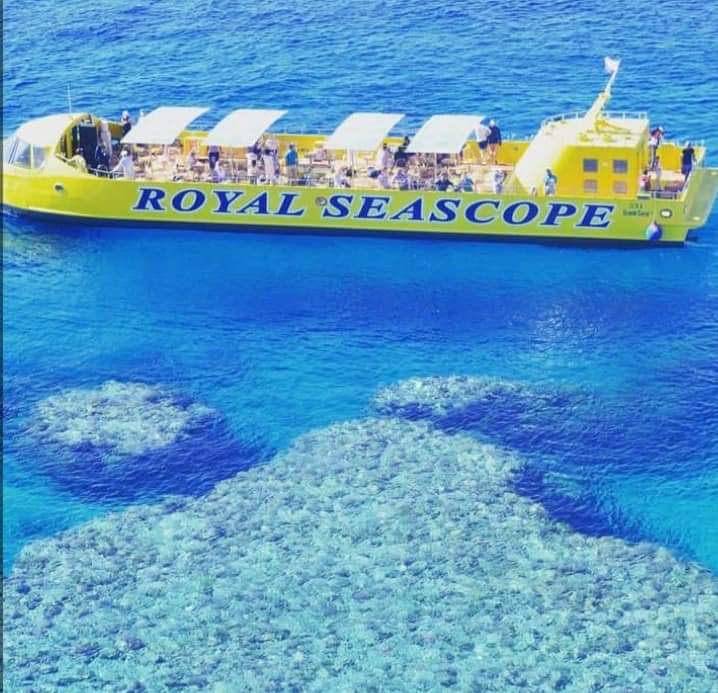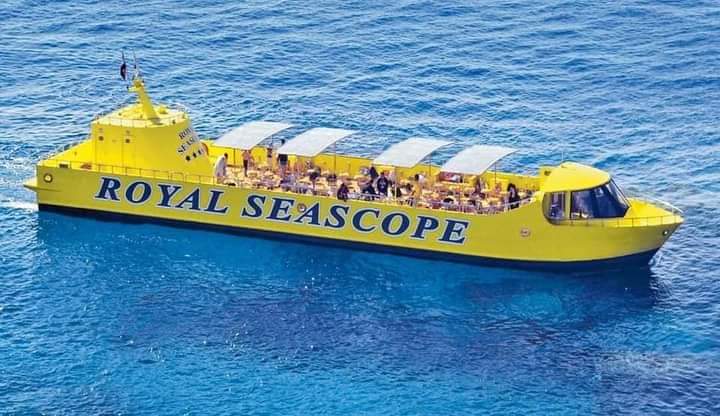English
English
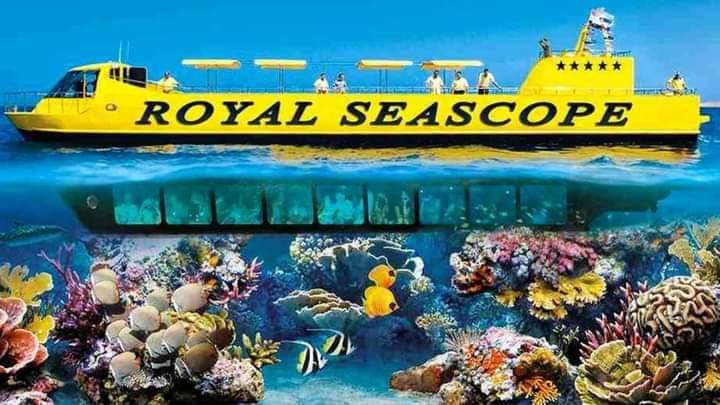

is quite diverse, with several significant bodies of water that play crucial roles in the country's economy, ecology, and culture
Mediterranean Sea: The northern coastline along the Mediterranean Sea is vital for trade, tourism, and fishing. Major cities like Alexandria and Port Said are located here.
Red Sea: To the east, the Red Sea is famous for its rich marine biodiversity and coral reefs, making it a prime destination for diving and tourism. Resorts in Sharm El Sheikh and Hurghada attract visitors from around the world.
Suez Canal: This man-made waterway connects the Mediterranean Sea to the Red Sea, facilitating international maritime trade. It's one of the busiest shipping routes globally.
Lake Nasser: Created by the Aswan High Dam, this massive reservoir supports agriculture and hydroelectric power generation. It's also a key site for fishing and tourism.
Biodiversity: Egypt's waters are home to various marine life, including unique fish species and coral formations, especially in the Red Sea.
Environmental Concerns: Issues like pollution, overfishing, and climate change pose challenges to the marine environment in both the Mediterranean and Red Seas.
Cultural Significance: The seas have historical importance, influencing trade routes and cultural exchanges throughout Egypt's history.
Browse through our collection of stunning images






